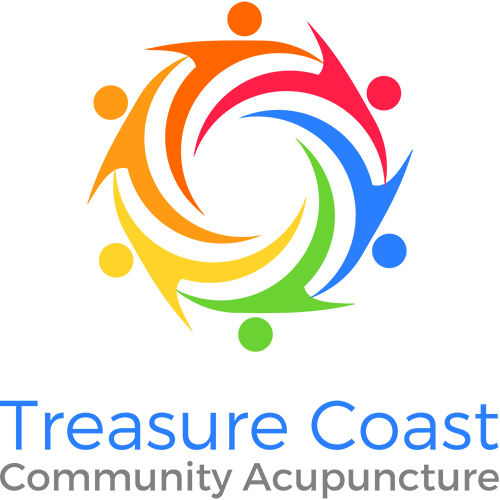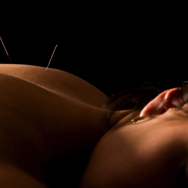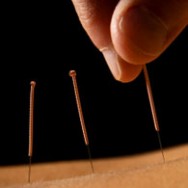Acupuncture is a traditional Chinese medicine that has been in use for thousands of years.
At your first evaluation, a practitioner will examine your tongue for clues like cracks and discolorations, take your pulse and ask numerous questions to determine what might be causing your symptoms.
The practitioner will then insert fine needles at specific points to unblock the flow of qi, or energy, in your body. Sound like hocus pocus?
Many Western doctors think not.
”Acupuncture is a system of correspondences,” said Vitaly Napadow, an assistant professor at Harvard Medical School, who conducts research on how acupuncture affects the brain. ”Different ailments or diseases can be explained through traditional Chinese medical theory or through modern biomedical physiology, with sometimes interesting correspondence between the two,” said Dr. Napadow, who has a Ph.D. in biomedical engineering and is also a licensed acupuncturist.
”I’ve been practicing for eight years and have seen acupuncture help with surprisingly diverse issues, like plantar fasciitis and diabetic neuropathy,” he said. ”Acupuncture affects many systems in the body, including parts of the brain that are involved with processing emotion and pain.”




